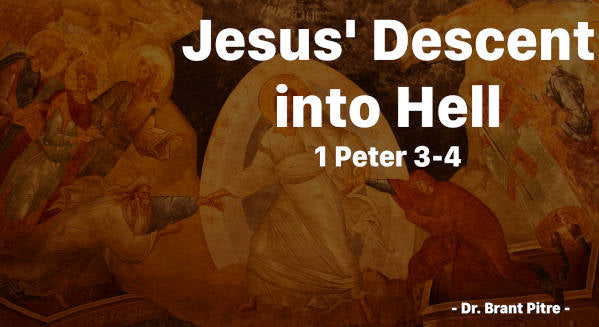Another Dr Brant Pitre wonderful video. Will share with my Bible Study group!
Learned a lot from it. The importance of family in our lives.
Dr. Pitre again provides deep and beautiful insights on a topic I thought I already knew all about. His knowledge and love of Scripture is contagious. Thank you!
Dr. Pitre’s Jewish insights as well as context, catechism and historical data help unfold the meaning of Bible passages. His teaching is the best I’ve encountered.






